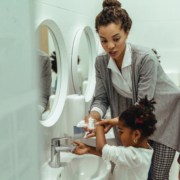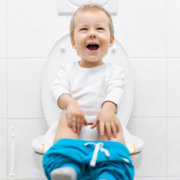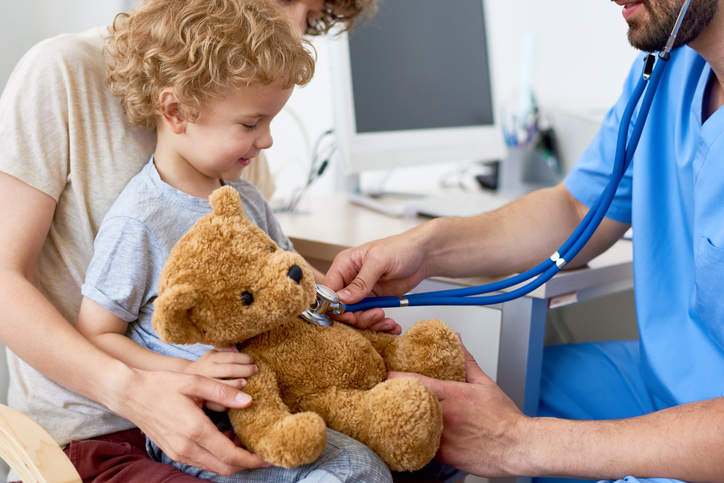Learn About Protecting Your Child’s Kidneys
By Hal Scherz, M.D., F.A.A.P., F.A.C.S.
Kidney problems in children are often difficult to detect because symptoms may not be present or the child is unable to communicate. Therefore, parents need to have a heightened awareness and index of suspicion regarding unusual findings when it comes to protecting their child’s kidneys.
Common Kidney Issues with Children
Children may have the same kind of kidney problems that we find in adults, such as kidney stones, tumors, and infections. However, the majority of issues in children are the result of problems that occur in the developing kidney prenatally. These problems can affect the kidney directly, such as an obstruction. It could also happen indirectly as a consequence of a problem elsewhere in the urinary tract, such as in the bladder with reflux or backflow up the ureter into the kidney. Some problems are unique to boys such as an obstruction in the urethra, while other problems are far more common in girls, such as reflux.
How to Catch Kidney Issues Early
Many problems are now detected prenatally thanks to the routine use of sonograms. Any child who has abnormal kidneys prenatally should have a repeat study after birth, but generally not before 1-2 weeks of age. Newborns are typically dehydrated from the trauma of birth and the actual degree of the problem may be underestimated if evaluated too soon.
Diagnosis Options
Any child with visible blood in the diaper or in the urine should be evaluated with an ultrasound of the kidneys. This is an excellent screening test and based on the result, further testing may be necessary. Their pediatrician should evaluate any child with a high fever that persists for more than several days. If there are not any obvious sources for the fever, a urinary tract infection should be suspected. The method of urine collection is important so that an accurate diagnosis can be made. It is always preferred that the urine specimen be obtained using a catheter. If the urine is infected, further testing is indicated after treatment.
Most kidney problems that are found in children are either repairable or treatable. However, problems that are developmental, should be discovered, evaluated, and addressed, sooner for a better the long-term outcome. If you suspect your child might be suffering from a kidney issue or want to learn more about protecting your child’s kidneys, schedule an appointment online today.









